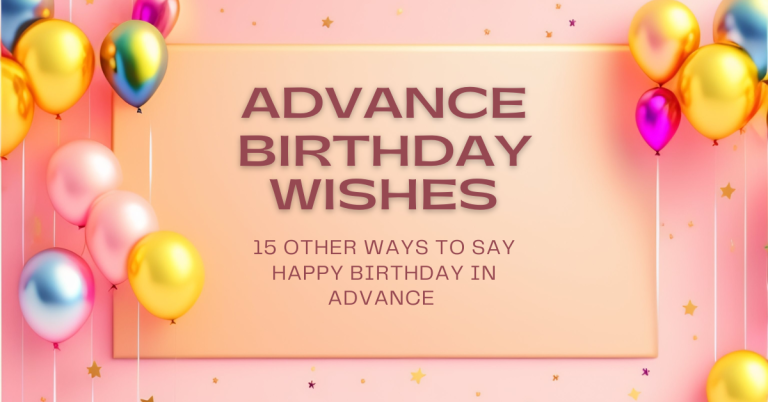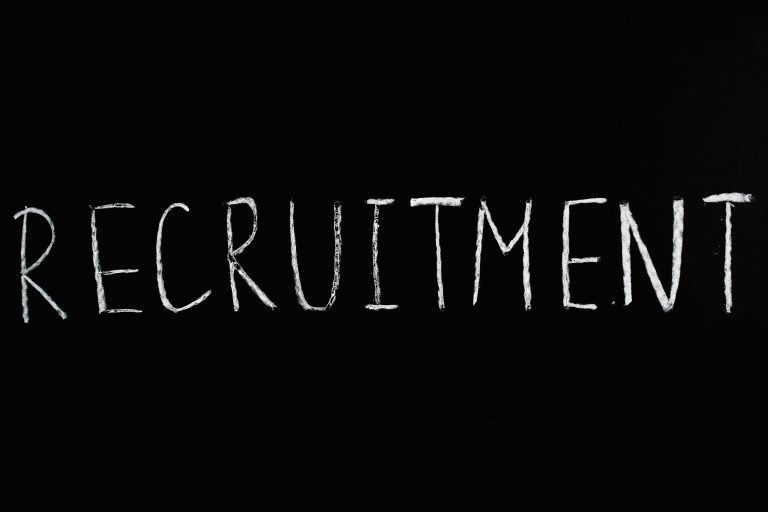The Power of Soft Determination: Why Is It Not Always Necessary to “Fight” for What Is Right?
We are raised on the idea that it’s worth fighting for everything in your life, whether it’s your job, social standing, or relationship. And, yes, for what is right, too — including civil and political issues. This approach teaches us to take on every challenge like a closed door we have to break through. Do you know what we forget about? The key.
Soft determination isn’t about giving up or doing little. It’s about being smart and adaptable and choosing the strategy that works in each situation. Even more, it speaks to using your resources without stifling yourself.
You will learn how to achieve your goals, be ethical, take care of your mental and physical health, and protect yourself, all without fighting against everything and everyone (including yourself).
Strength: What Does It Say About You?
Whether you’re a baby boomer or a Gen Z member, you have been raised on the idea that strength is about perseverance, gritted teeth, and fighting against all odds. Is it true, though? Let’s look at the definition; we’ll be classy and read from the Cambridge Dictionary:
“[Strength is] the ability to do things that need a lot of physical or mental effort.”
See that? It doesn’t say “Suffering through pain” or “being aggressive.” A lot of things in life require effort: studying, being empathetic, having great imagination, and more. The mental burden required of us when we deal with our mental conditions, for example, learning how to manage adult ADHD or deal with high levels of anxiety, takes immense mental resilience.
While we’re focusing on the inside of our minds today, even physical strength doesn’t have a specific determinant. Just observe how different swimmers, MMA fighters, and heavy lifters display diverse types of strength.
In our culture, though, strength is usually associated with force, confrontation, and dominance. Movies like Fight Club or The Devil Wears Prada, while dedicated to entirely contrasting audiences, all show characters ready to fight against everything and everyone to get what they want.
However, this isn’t always useful. Often, it is even harmful. Let’s dive into the whys.
Why Always Choosing to “Fight” Can Be Dangerous
What’s the synonym for fighting? Struggling. While assertiveness has its time and place, it’s not necessarily a symbol of success. In many cases, it can even lead to entirely unpredictable and unpleasant consequences.
Emotional Burnout
Only a few people thrive on fighting and struggling. Perhaps you know such a person: they seem bored whenever everything is peaceful. Most of us, however, need a more balanced view of life. Living in a state of constant resistance and bracing for conflict depletes our mental energy. The adrenaline rush may feel purposeful at first, but over time, it drains energy and creates chronic stress. This isn’t just “vibes,” though, as constant struggling affects our nervous system.
Conflict Escalation
A kind word and a soft approach can save you from a rough argument. However, if you’re among those who tend to attack others without much reason, you can immediately spoil the dialogue that could have been had peacefully and calmly. Delivery matters, and the way you approach conflicts does, too. For instance, you can go for a collaboration approach to ensure both of you get what you need (more on that can be found on the muscleandfitness blog), or take a win-or-lose method and get into a serious altercation
Black-and-White Thinking
A fight mindset can slowly push you to develop a radicalized vision of the world and your achievements. If you’re always trying to “win,” it’s easy to slip into labeling people or situations as either right or wrong, good or bad. You will judge your own behaviors similarly, which leaves no room for curiosity or alternative paths ahead.
Lack of Inner Peace
In the end, the main disadvantage of the fight-first vision is worse mental health. You can’t fight all the time. But if you develop a lifestyle where all that matters is a constant rush and struggle, your life can become too difficult, physically and emotionally. This will take its toll on you, and you will forget what relaxing or just having a gentle approach is.
Meet the Soft Determination: A New Form of Power
Putting struggle and fighting aside, let’s focus on soft determination. It’s not being weak, scared, passive, or lazy. Soft determination is about knowing who you are and your values without needing to argue or dominate. Imagine it as inner steadiness. A mountain no one else can move. It isn’t destructive. It’s there, just like your core, all parts of you.
Let’s take a look at how this view would look.
Before: Person A argues with their parents and suffers from their criticism every time they meet. No matter how hard they try, it never seems to work.
After: Person A calmly discusses the issue with their parents. If something doesn’t go well, they don’t push but instead choose to go their own way and do what they think is right.
Before: Person B uses all their power to get through a tough semester, forcing themselves to study all the time and losing their sleep. They tell themselves they either get into the top 10 students or fail.
After: Person B knows they are doing their best when preparing for the exam. They don’t need to compete with others to accurately evaluate their knowledge level. During their studies, they, however, don’t stay up all night and redirect their attention to resting.

Energy Preservation
Soft determination helps you save your resources and energy for the things that matter. Like a smart tech has an energy preservation regime, you do, too. Your understanding of when to commit and when to take a pause makes you a better player. When choosing your efforts wisely, you pace yourself for the long game.
Developed Self-Trust
Do you know what one of the reasons for constant fighting is? We don’t trust ourselves enough and think we must do more than we’ve already done. For example, we may go dancing when we’re objectively sick. Or we can go to the job even when we feel out of it. Learning to trust yourself is a skill that comes with gentle focus. We know that even on the worst days, we trust ourselves. We know we deserve this break. Our successes don’t depend on how fast or aggressively we act daily. We’re here for the continuous growth.
Greater Resilience
Do you know who wins the marathon? A person who starts slowly. Experienced athletes know that they can’t study, work, exercise, or create all the time. Resilient people are more resourceful and can overcome more obstacles than those who always go head-on into the walls (metaphorical, of course). So you don’t just become better mentally — you are actively contributing to becoming a better version of you.
Happier You
Don’t view this as an overstatement: when you are in harmony with yourself, you finally learn how easy it is to let yourself be. No more trying to spread yourself too thin or suffering after painful and aggressive arguments with your loved ones. Once you are balanced within yourself, everything gets much easier. You are confident in your abilities and needs and know how to set boundaries while being respectful. It is a sustainable version of life, beautiful in its softness and simplicity.
Redefine Yourself
You will move ahead. With soft determination, you leave the worry and chaos behind and go ahead more confidently. The patience you cultivate will reward you. Because in the world obsessed with winning, the best thing to do is to stop playing this game.







